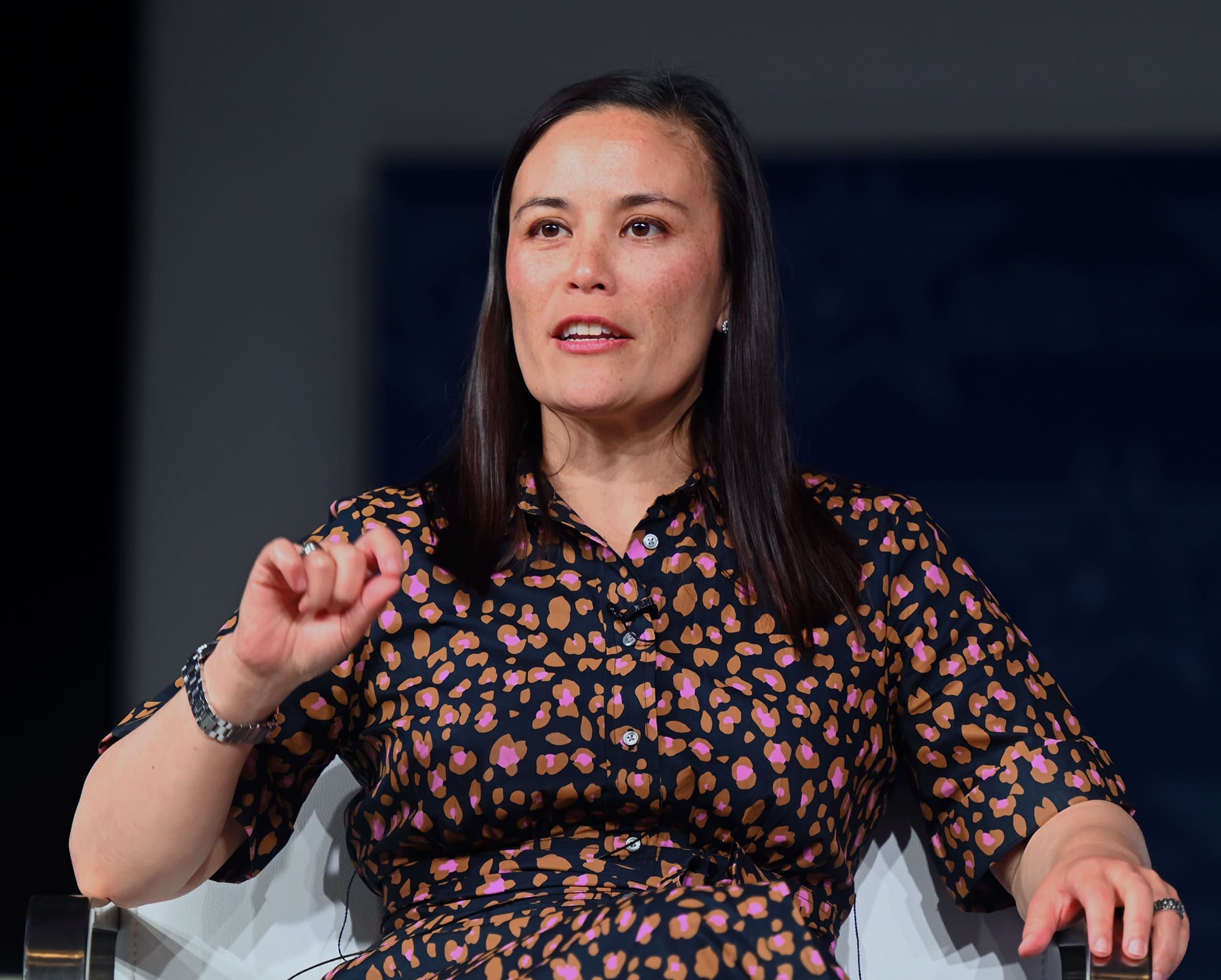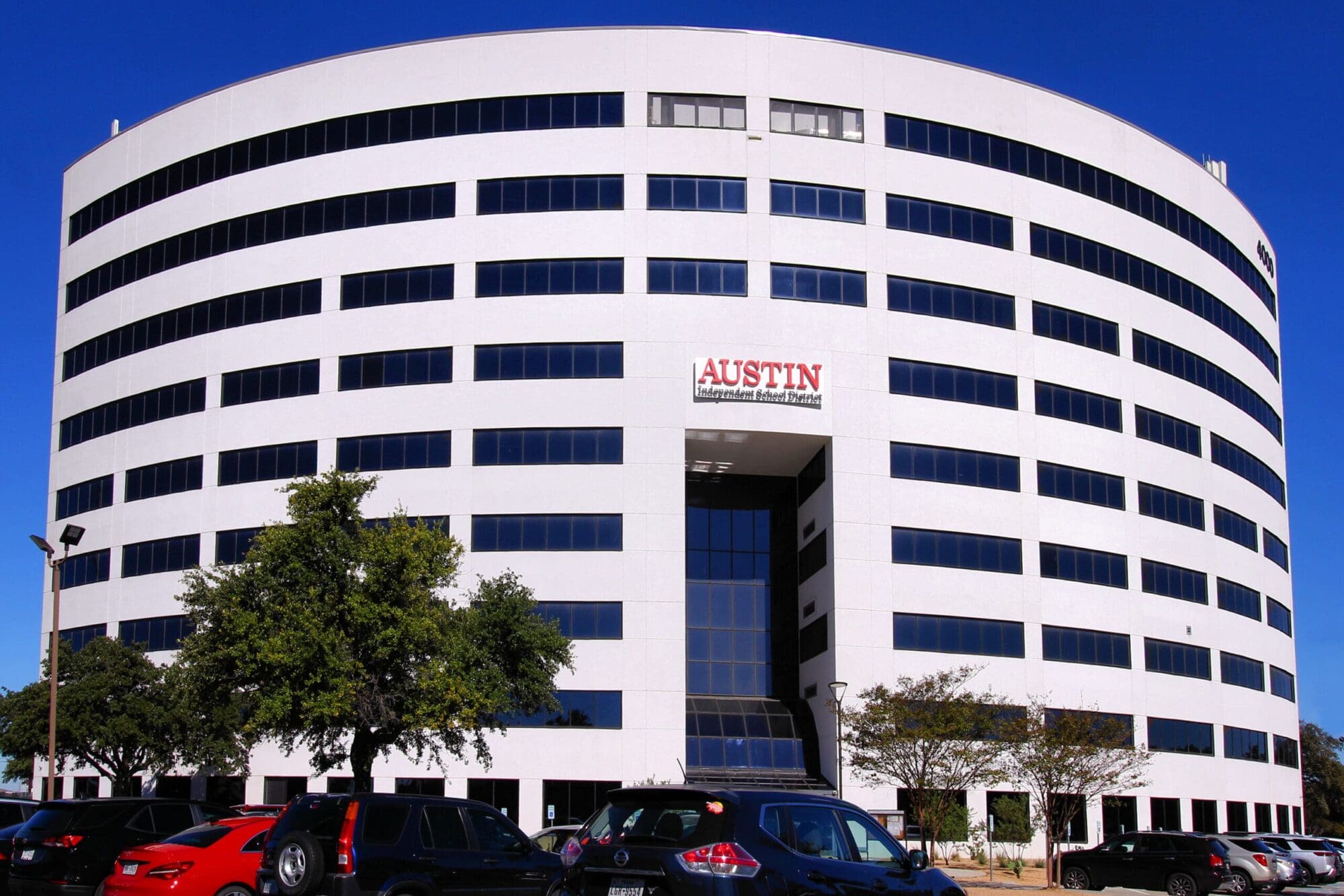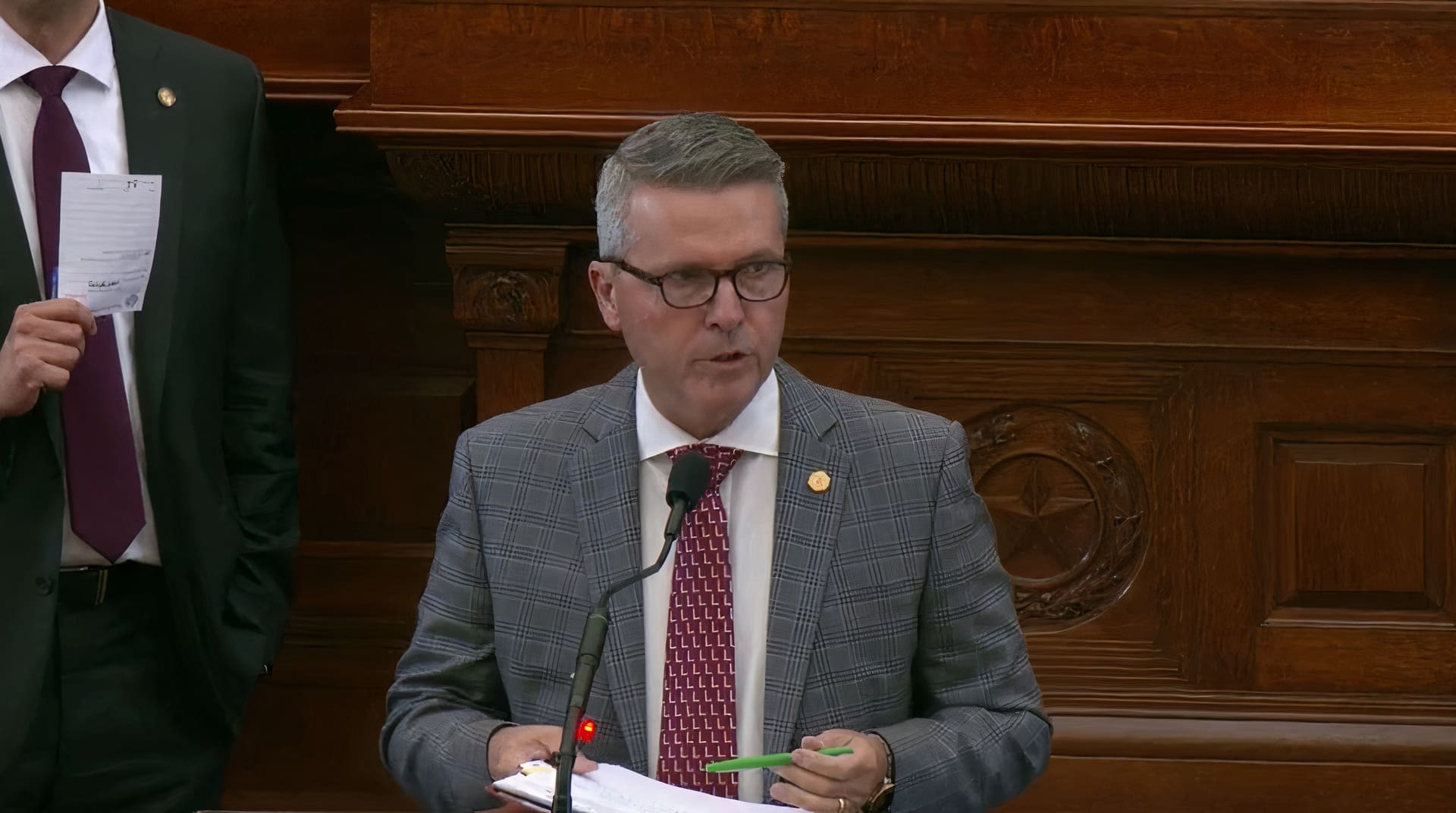Texans are becoming increasingly aware of our state’s local borrowing crisis driven primarily by local school districts, as revealed in a series of reports released last year by the State Comptroller’s office. Michele Samuelson accurately summarized one of those reports in an article following their release in 2012.
The unfortunate reality of TV news is that two-minute segments fail to tell taxpayers the whole story. In this way, the Channel 8 story related to Plano ISD’s proposed tax hike was no different.
The superintendent blames the alleged $20 million budget shortfall on the state legislature’s inability to provide sufficient funding, leaving him no other choice than to propose raising taxes on Plano residents. In the short-term, that may be somewhat accurate.
Plano relies more heavily on local revenue than the average district. In other words, the state provides a lesser percentage of funding to Plano than on average. District administrators certainly don’t control the size of their budget. What they do control, however, is how the funds are spent and how much debt the district issues for capital expenditures. Plano ISD’s debt is the larger, long-term problem.
Data provided by AEIS reports is alarming. The $976 million debt accrued to date makes Plano the ninth most indebted ISD in Texas. At $17,500 of debt per student (excluding interest), Plano’s per pupil debt is 30 percent higher than the state average, in a state with the second-highest local debt in the nation. According to the State Comptroller’s office, Plano can also improve transparency.
Closer examination of the district budget is even more troubling. As with any bond, there is an annual interest expense to carry the debt. The district spends a whopping fifteen percent of its $690 million budget, or $107 million, on debt service alone, which is greater than their non-payroll operating expenses. Stated differently, the district spends more money carrying debt than it does providing resources to teachers and students in the classroom. Debt is literally cannibalizing their budget.
Both common sense and empirical evidence tell us that spending more money on education will not automatically result in better outcomes for children. Washington D.C. has the highest per pupil education expenditures nationwide, but ranks dead last in educational achievement.
Neither Plano residents nor their children should suffer as a result of an administration’s addiction to debt.
The next school board meeting is Tuesday, August 20 where the public will have an opportunity to voice their opinions regarding the proposed tax hike. The meeting begins at 7:00 p.m., located in the Administration Building, at 2700 W. 15th Street, Plano, Texas, 75075.




